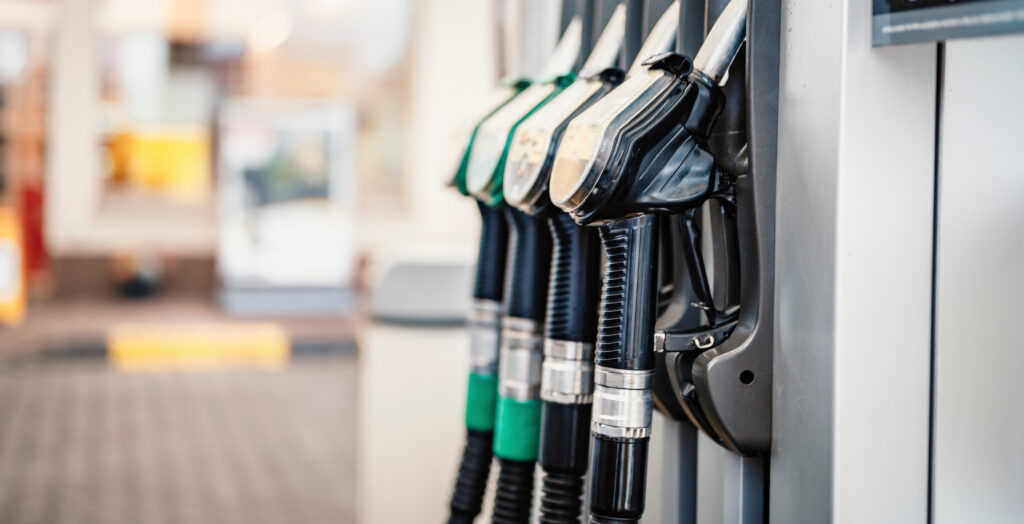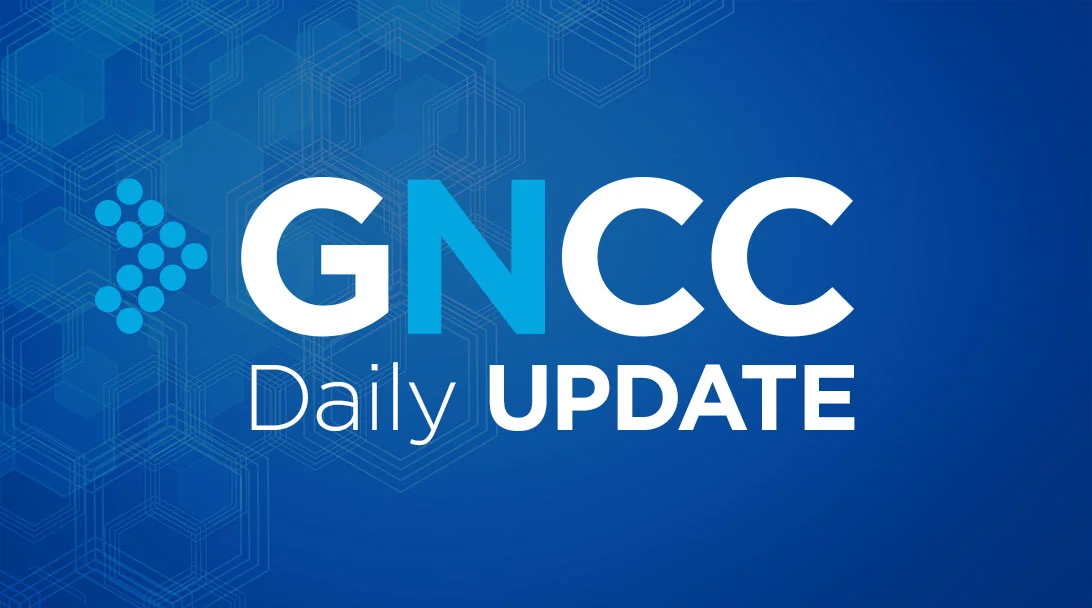In this edition:
- Government of Ontario invests $35M in Shaw’s Royal George Theatre
- Minimum wage increase scheduled for 1 October
- Democrats push vote on tariffs targeting Canada as Trump calls for Republican support
- New York tourism official worried about drop in Canadian visitors
- Gas prices drop in Ontario and Canada after carbon tax removal, but could climb back up again
- Focus on Finance & Economy
Did you know you can get the GNCC’s Daily Update emailed to you? Click here to sign up.

Photo credit: Shaw Festival
Government of Ontario invests $35M in Shaw’s Royal George Theatre
The Ontario government is investing $35 million over three years to support the Shaw Festival’s rebuild of the iconic Royal George Theatre. This capital funding will bring a new, larger, modern theatre to Niagara-on-the-Lake and is part of the government’s commitment to boost tourism in the region and establish Niagara as a world-class destination.
“The Shaw Festival is a cultural icon for Ontario and for Canada, and is just one of the many great reasons to visit Niagara-on-the-Lake and the broader Niagara Region throughout the year,” said Stan Cho, Minister of Tourism, Culture and Gaming.

Photo credit: Dilok / Adobe Stock
Minimum wage increase scheduled for 1 October
The Ontario government is increasing the minimum wage from $17.20 to $17.60 an hour, effective 1 October 2025. This annualised wage increase is based on the Ontario Consumer Price Index (CPI) of 2.4 per cent and will bring Ontario’s minimum wage to the second-highest provincial rate in Canada.

Picture credit: Andrea Izzotti / Adobe Stock
Democrats in the U.S. Senate are moving forward on a resolution to block sweeping tariffs targeting Canada as President Donald Trump presses Republican lawmakers to continue backing his trade agenda.
Sen. Tim Kaine plans to force a vote on Trump’s use of the International Economic Emergency Powers Act, or IEEPA, to declare an emergency over fentanyl trafficking to hit Canada with devastating duties.

Picture credit: photobyphotoboy / Adobe Stock
New York tourism official worried about drop in Canadian visitors
A top tourism official in Western New York says he is concerned about a dip in visitors from Canada after recent data revealed that the number of cross-border visits from Canadians dropped significantly in February amid an ongoing trade war.
Speaking to CP24.com on Monday, Patrick Kaler, President and CEO of Visit Buffalo Niagara, said cross-border travel from northern neighbours dropped 14 per cent year-over-year in February.

Photo credit: alexanderuhrin / Adobe Stock
Gas prices drop in Ontario and Canada after carbon tax removal, but could climb back up again
Average gasoline prices fell 20 cents per litre, and diesel prices dropped by 24 cents per litre last night. This comes after newly sworn-in Prime Minister Mark Carney signed a prime ministerial directive to remove the consumer carbon tax, effective 1 April.
Prices are expected to increase by two cents per litre on Wednesday. This is related to geopolitical tensions affecting markets in the United States.
However, the larger price increase is expected around 15 April, when refineries switch over to the summer blend. This change is anticipated to increase prices by seven cents per litre.
Focus on Finance & Economy
The consumer carbon tax is gone as of today. What will that mean for your wallet?
It’s official — the consumer carbon tax is over, starting today.
Mark Carney cancelled the fee on his first day as prime minister last month, signing a directive for the fuel charge to be removed on April 1. The levy had been added to the sale price of carbon-emitting products by fuel type. For gasoline, it was 17.6 cents a litre, and natural gas was 15.25 cents per cubic metre. (The average Canadian home uses about 2,500 cubic metres of natural gas a year.)
Carney initially supported the carbon tax, but reversed course while campaigning for Liberal Party leadership, saying it had become too “divisive.” Though the consumer price on carbon is gone, the industrial price for large-scale polluters remains.
Through the Daily Updates, the GNCC aims to deliver important business news in a timely manner. We disseminate all news and information we feel will be important to businesses. Inclusion in the Daily Update is not an endorsement by the GNCC.



